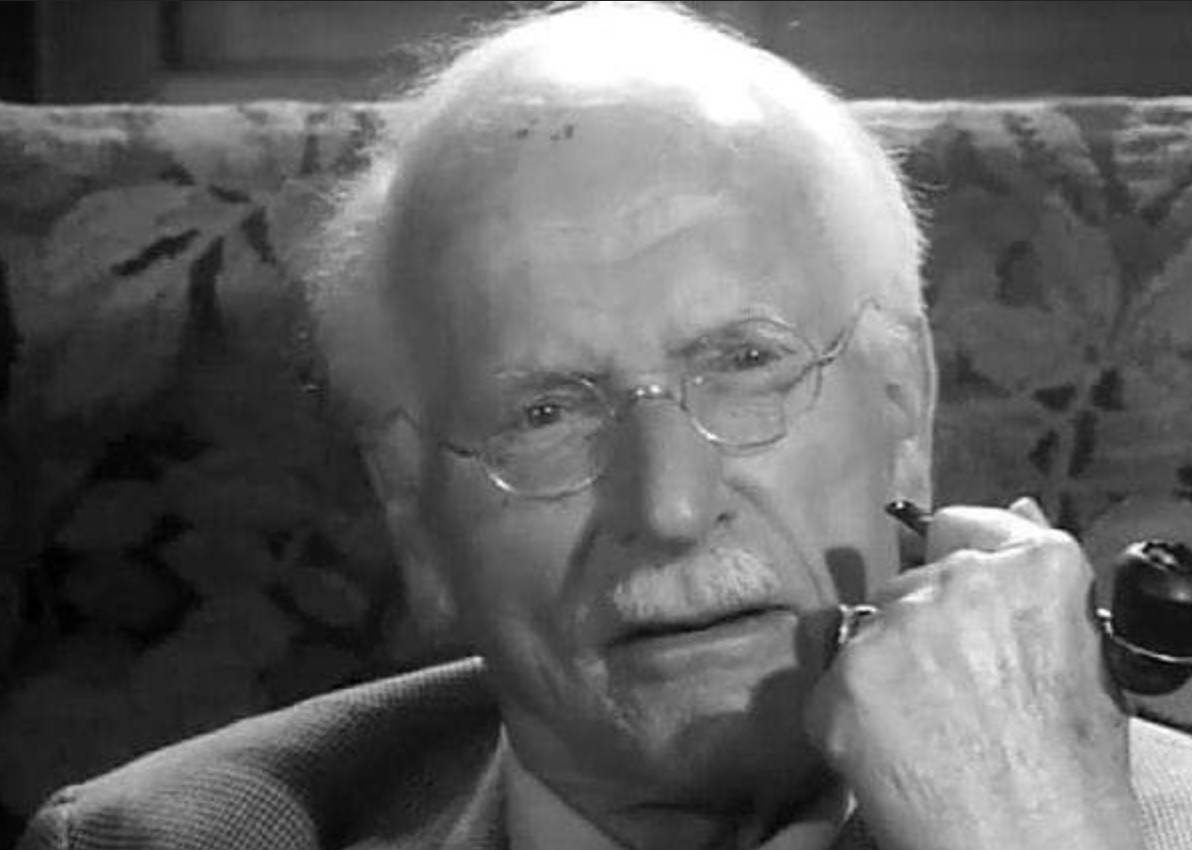"I don't believe in God, I know it": Jung's near-death experience that reshaped psychology and faith
Carl Jung, the Swiss psychiatrist who founded analytical psychology, is renowned for his work on the unconscious and archetypes. At age 68, he survived a heart attack that stopped his heart and plunged him into a near-death state. In that liminal space, he saw a massive stone block floating in space, which rapidly transformed into a majestic temple guarding the secrets of his life. He believed that crossing its threshold would reveal answers about the past, the future, and the very meaning of existence. A doctor, bathed in a golden glow, appeared and told him that his time had not yet come, and he must return. He later recalled that to witness such visions, he would have to be about 1,500 kilometers from Earth. When he woke, a deep sense of disappointment lingered, but the experience forever reshaped his understanding of the mind and the belief that death is a transition, not an end.
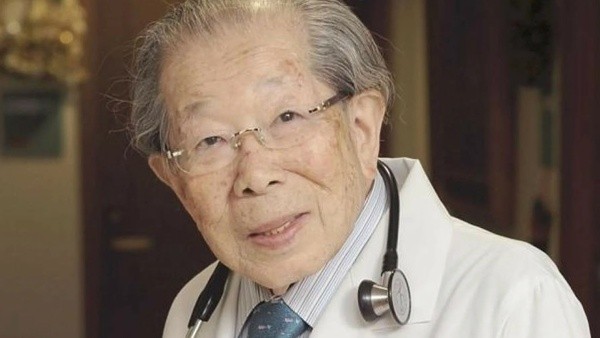
In This Article:
Early questions, ancient symbols: Jung's lifelong dialogue with religion and the unconscious
From early life, Jung was drawn to questions of religion and spirituality. His research into the unconscious and archetypes intertwined with the study of religious symbols and myths from diverse cultures. He believed the collective unconscious shapes how we see the world and our place in it, and that religious images reflect deep psychic structures shared by humanity.
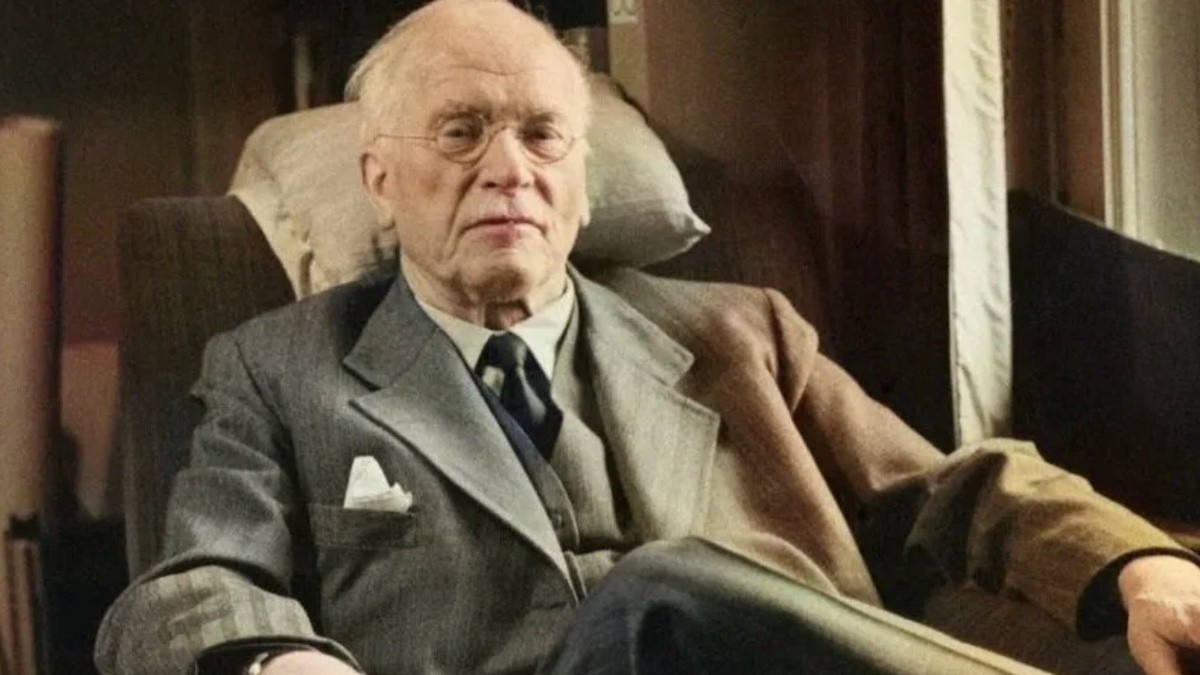
The vision: a stone block, a temple, and a boundary-crossing moment
During the near-death moment, Jung observed a massive stone block floating in space, which then transformed into a temple that seemed to hold all the secrets of his life. He believed that entering the temple would reveal knowledge about the past, the future, and the essence of being. Yet a physician, glowing with a golden aura, stood at the threshold and informed him that his time had not yet come. He returned to his body with a mixture of awe and disappointment, and a strengthened sense that the mind can reach beyond the body.
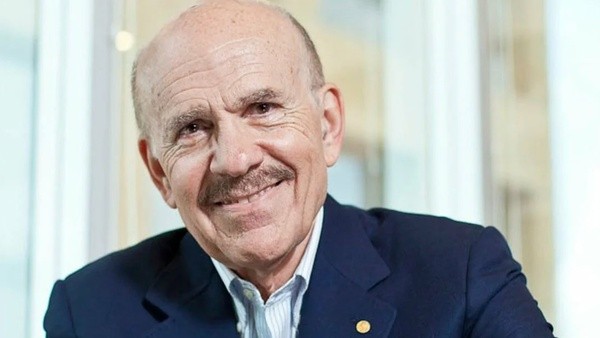
Consciousness beyond matter: death as passage
Back among the living, Jung reflected that the psyche operates beyond the limits of the physical world and does not obey its laws. He urged keeping an open mind toward experiences that defy conventional science, viewing them as evidence of a broader reality rather than as failures of science. The experience reinforced his conviction that aspects of the psyche endure beyond space and time, hinting at some form of continuation of life after death.
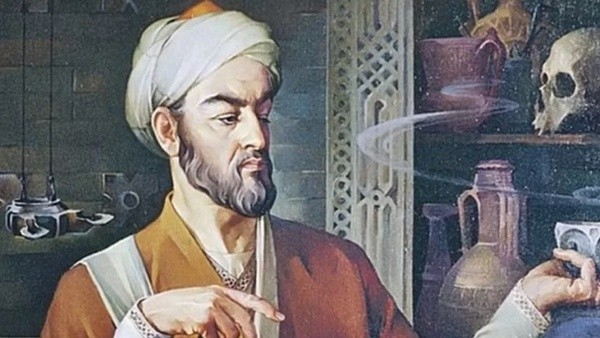
BBC interview and a decisive stance: does God exist? does death end it all?
Fifteen years later, on October 22, 1959, the 84-year-old Jung gave a BBC interview to journalist John Freeman. When asked whether he believed in God and whether death is the final end, his answer was concise and explicit: the psyche extends beyond the material world and does not vanish with life; consciousness survives. He cautioned against dismissing such phenomena simply because they resist traditional science, seeing them as signs of a continuing form of being. Do you believe in life after death? Share your thoughts in the comments.
